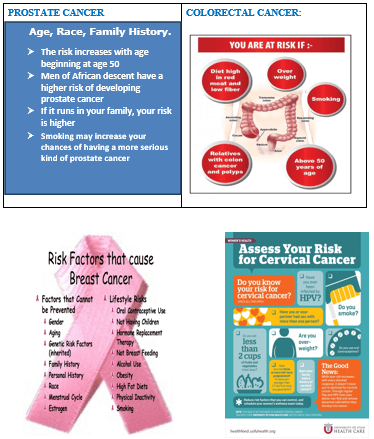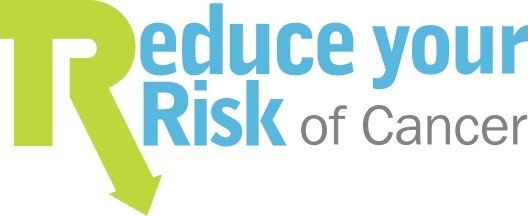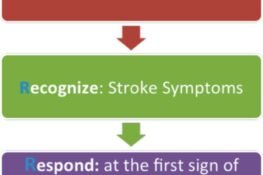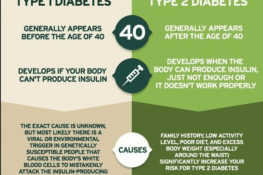Every February 4, individuals around the world recognize World Cancer Day. Through conversations about awareness, prevention and treatment, the global population unites to raise the profile of the disease that affects tens of millions of people worldwide. Cancer is a catch-all term for a large group of diseases characterized by the growth of abnormal cells beyond their usual boundaries that can then invade adjoining parts of the body and/or spread to other organs. Cancer affects almost every part of the body, and cancer affects everyone – the young and old, the rich and poor, men, women and children and even animals, and it represents a tremendous burden on patients, families and societies.
Cancer is one of the leading causes of death in the world. According to the World Health Organization (WHO), 8.8 million people worldwide died from cancer in 2015. That is nearly one-sixth of all global deaths.
Nigeria is not spared from this blight. According to the “Cancer in Nigeria 2009-2013” book, which provides cancer data from different parts of Nigeria, approximately 102,000 new cancer cases occurred in Nigeria in 2012, with 71,600 deaths.
A cancer diagnosis is the most dreaded news to receive, yet not all cancer diagnosis spells doom. When detected and treated early, cancer can often be stopped. That said, questions abound on what causes cancer, but for the purpose of this article, I will focus on the risk factors for cancer.
RISK FACTORS OF COMMONLY OCCURING CANCERS IN NIGERIA:
According to the data derived from the cancer registries in Nigeria, the five most common occurring cancers by gender in Nigeria are:

A Risk Factor is something that increases a person’s chances of developing a disease. Of the above list, the top four cancers in Nigeria are prostate, colorectal (men), breast and cervical (women). These cancers are highly preventable and treatable if caught early. The risk factors for these cancers are:

Human Papilloma Virus (HPV) infection is always almost the cause of cervical cancer. It is a sexually transmitted viral infection that, if left untreated, may lead to cancer.
In addition to tobacco and smoking, alcohol consumption, physical inactivity and obesity, WHO lists household solid fuel as a common risk factor of cancer in Nigeria. Approximately 69 per cent of households in Nigeria use solid fuels as their primary source of domestic energy for cooking. The burning of solid fuels (wood, charcoal, animal waste, coal and crop waste) produce high levels of indoor air pollution which may be carcinogenic.
PREVENTION & EARLY DIAGNOSIS
The goal in prevention is to reduce the exposure to cancer risk factors, raise awareness and ensure that people are provided with the information and support they need to adopt healthy lifestyles. Between 30-50 per cent of cancers are preventable by healthy lifestyle choices such as avoidance of tobacco, HPV immunization against cervical cancer, maintaining a healthy weight, breastfeeding, etc. Others, if detected early, can be treated and cured.
Screening detects cancer at an early stage. Screening is used to look for cancer or abnormalities that may become cancerous before any symptoms or signs occur. Early detection of breast cancer includes doing monthly breast self-examination and scheduling regular clinical breast examination and mammograms.
Prostate cancer can often be found early by testing for prostate-specific antigen (PSA) levels in a man’s blood. Another way to find prostate cancer early is the digital rectal examination (DRE). Colonoscopy is a screening test that locates tiny growth (polyps) within the colon and rectum before they become cancerous. The pap test (or pap smear) has been the most common test for early changes in cells that can lead to cervical cancer.
Points to Ponder:
- Catching cancer early often allows for more treatment options.
- Prevention offers the most cost-effective long-term strategy for the control of cancer.
- Screening saves life!
- Everything in moderation.
In future articles, I will provide in-depth information for each of the commonly occurring cancers in Nigeria. Until then, be well and thrive!
Dr. Ramat Lawal-Unuigbe
Contact: drramat@outlook.com
 @drramat
@drramat








